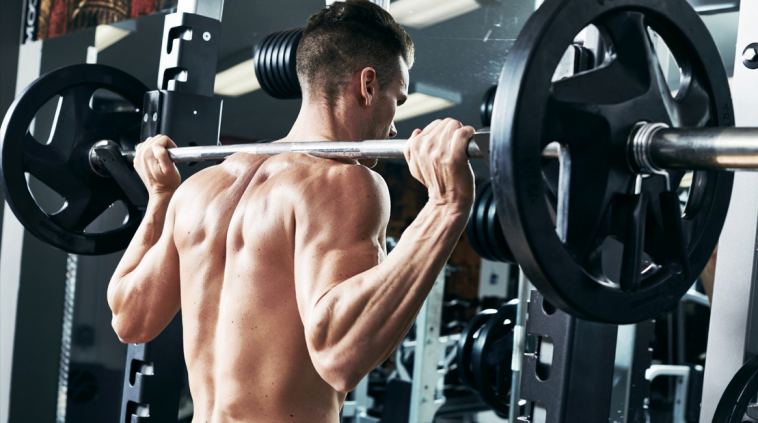- Like
- SHARE
- Digg
- Del
- Tumblr
- VKontakte
- Flattr
- Buffer
- Love This
- Save
- Odnoklassniki
- Meneame
- Blogger
- Amazon
- Yahoo Mail
- Gmail
- AOL
- Newsvine
- HackerNews
- Evernote
- MySpace
- Mail.ru
- Viadeo
- Line
- Comments
- Yummly
- SMS
- Viber
- Telegram
- JOIN
- Skype
- Facebook Messenger
- Kakao
- LiveJournal
- Yammer
- Edgar
- Fintel
- Mix
- Instapaper
- Copy Link
Leg day has and always will be defined by the back squat. No other exercise builds the quads, glutes, hamstrings, groin, and the rest of the posterior chain like this whole-body movement. But you would surprised to see how many bodybuilders have terrible back squat form.
Former powerlifter and renowned strength coach Mark Rippetoe simply calls the back squat exercises “the best strength exercise there is.”
If you look around the gym, you’ll see folks performing the back squat differently. This is because everyone has different limb and torso lengths, as well as unique hip-socket shapes and femur heads. This affects how each person’s hip, knee, and ankle joints fold and how the hip joint articulates during squatting.
Put simply: Everyone is different, and therefore there is no one, perfect way to squat. There are, however, some basic back squat form rules that all lifters would be smart to abide by:
- For optimal depth, bring the tops of your thighs below parallel.
- You don’t have to sit on your ankles (aka ass to grass).
- Keep your arches up and knees straight—don’t let either cave in toward the midline.
- Maintain bar and midfoot alignment.
Regardless of body shape or bar placement, the barbell should be maintained over the midfoot throughout the exercise to maximize the levers and biomechanics of the lifter.
However, when a lifter does not have proper squatting form mechanics, the back squat will exhibit movement patterns that may lead to injury. Here, we will cover some of the most common back squat form errors and complaints that lifters experience while back squatting and provide alternatives to try instead. Each person’s squat is going to look different, but we can give these five guidelines for all lifters and all squatting variations.


